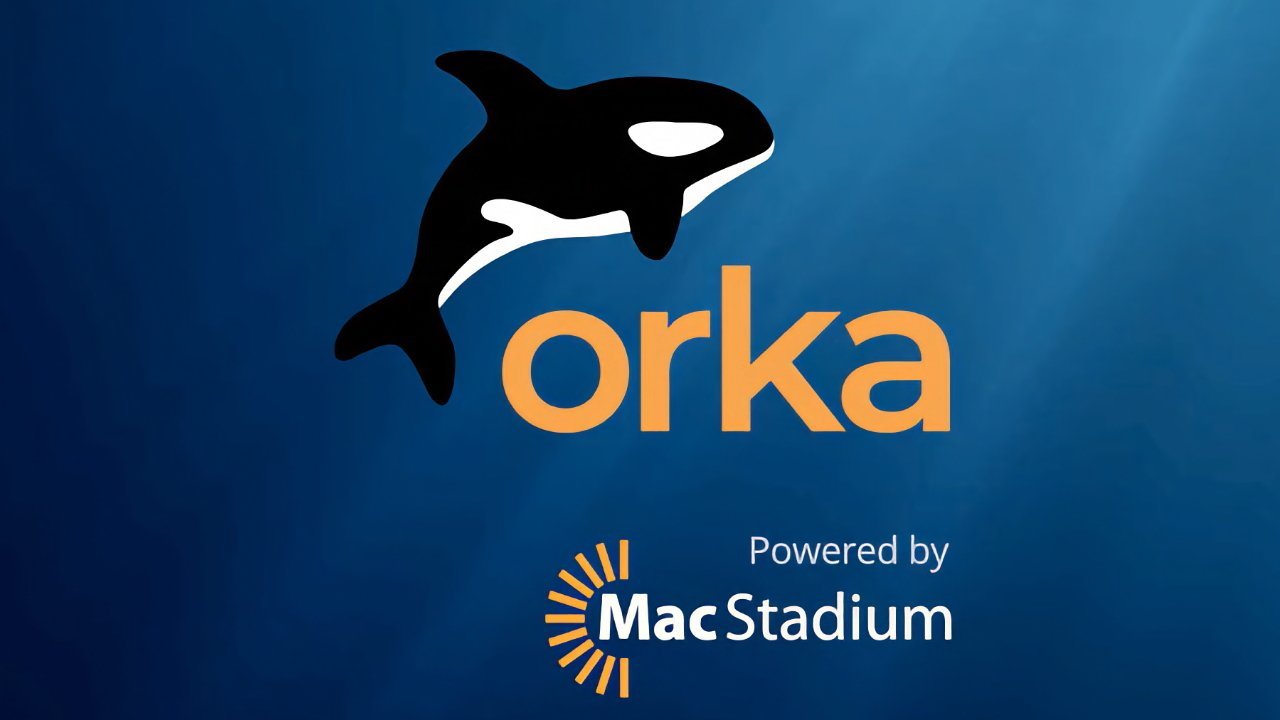MacStadium's new Orka Cluster 3.2 now makes it faster and easier to deploy virtual machines on its platform, with Scheduled Caching helping to prepare ahead and cut down deployment time.
Launched on Tuesday, the Orka Cluster 3.2 is MacStadium's attempt to reduce the amount of time its clients spend deploying virtual machines to its Mac cloud infrastructure. MacStadium offers cloud-based infrastructure using Macs, as well as on-demand virtual machines of macOS, for use by developers and engineers.
The long periods of time spinning the VMs up can be potentially costly to a company, especially in high quantities. Reducing the time or uncertainty of how long it takes, or even shifting elements to out-of-hours periods, could be beneficial to some teams.
The problem stems from network latency, which creates an inconsistent and significant delay, MacStadium writes. Pulling images from container registries to the Orka Cluster can be a considerable factor for build times.
Under Orka Cluster 3.2's Scheduled Caching feature, clients can now schedule the image caching before automated pipeline jobs occur. In simple terms, the image is pulled and stored in advance of an automated job to create the virtual machine in the cluster.
The new feature allows for cluster node caching to be scheduled at better times to suit business needs and when the build jobs need to be worked on. Once cached in node memory, it takes seconds for the VM to boot.
By scheduling the image caching ahead of time, it also means that administrators can reliably know how long it takes for the VM to be booted, since they can eliminate the lengthy image-pull request.
In cases where there's monitoring of systems to optimize tasks, MacStadium adds that Scheduled Caching allows for the deployment latency to be ignored in performance analysis.
Orka customers can make a request to the MacStadium support team to upgrade to Orka Cluster 3.2, if they wish to use Scheduled Caching.
 Malcolm Owen
Malcolm Owen








 Charles Martin
Charles Martin


 William Gallagher
William Gallagher
 Christine McKee
Christine McKee
 Marko Zivkovic
Marko Zivkovic
 Mike Wuerthele
Mike Wuerthele









There are no Comments Here, Yet
Be "First!" to Reply on Our Forums ->